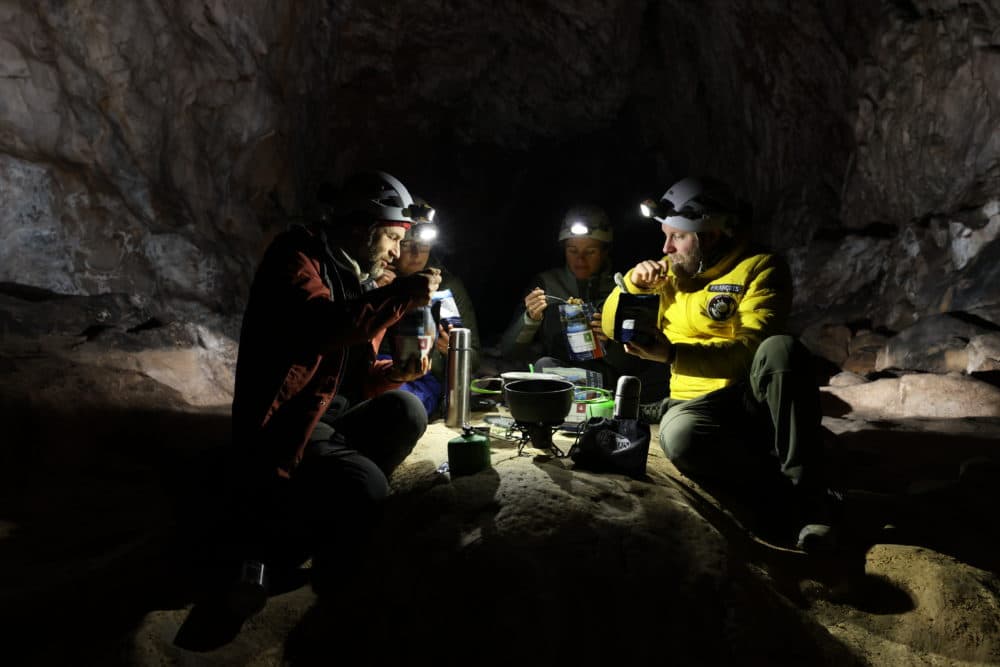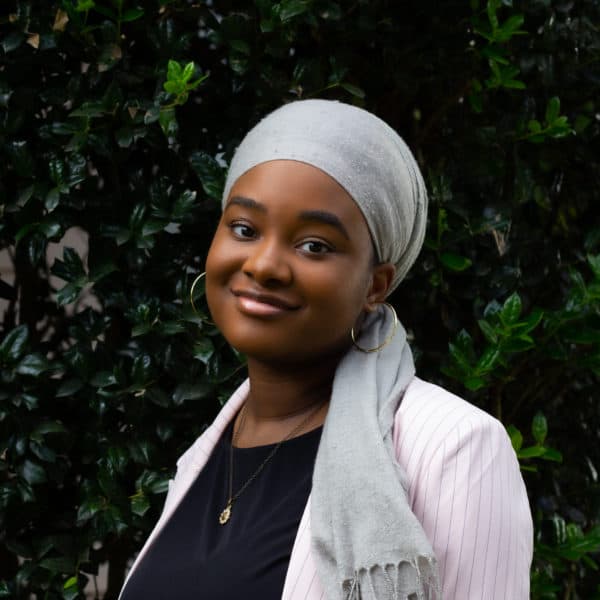Advertisement
Explorer Details His 40 Days In French Cave Without Clocks Or Sunlight
Resume
Explorer Christian Clot was used to uncovering unique locations. For the past 20 years, he’s mainly traveled to new places on his own.
But in his latest adventure, he found himself in a cave with a dozen or so other people and no way to tell the time.
“It was a bit difficult for the first time to wake up and you just don’t know what time is it,” Clot says. “And you just have to think, oh, how much time did I [sleep]? Was it enough? So you need to adjust a lot.”
The experiment was part of a Deep Time project Clot both directed and participated in. Fourteen other participants with varying backgrounds and ages joined him.

Together, they ventured into the Lombrives cave in southwestern France. They would be left without sunlight, clocks or anything used to determine time.
The purpose of the project was to understand the adaptation of the human mind and how groups can synchronize when placed in a new environment.
The more time he spent in the cave, Clot’s internal clock began to kick in. While inside, the team followed one rule: Don’t wake up other team members. Instead, Clot says they followed their personal rhythms.
“Sometimes I was having my breakfast when other people were having lunch or going to bed,” he says. “It was really disturbing to see that.”
The team still needed to work together on their study, despite everyone functioning on different biological clocks. Clot adds that it was difficult at first to understand when everyone was working or sleeping. But as more time passed, they began to spend more time together.
The team also observed the rate at which time moved for them. Instead of a typical 24-hour day cycle, they ran on cycles of 32 hours. Each cycle was equivalent to a day outside the cave.

In total, the explorers spent 40 days inside the cave. But to Clot and his team, it felt more like 29.
For Clot — who was so used to organization and time — he says he had to listen to his own body during the experience.
“In the beginning, it was hard, but after a few days, it was like a really big freedom,” he says.
Once he left the cave, however, he found it hard to adjust back to the outside world with schedules and obligations again.
The biggest lesson he took from the experience was the importance of making time for yourself and those around you.
“We really need more time to spend time with other people,” he says. “I think in our society now, we spend too much time working on doing thing[s] with obligations, but we lost track of what is really mandatory for human[s] — which is [to] love on other people.”
Ciku Theuri produced and edited this interview for broadcast with Jill Ryan. Jeannette Muhammad adapted it for the web.
This segment aired on May 6, 2021.

